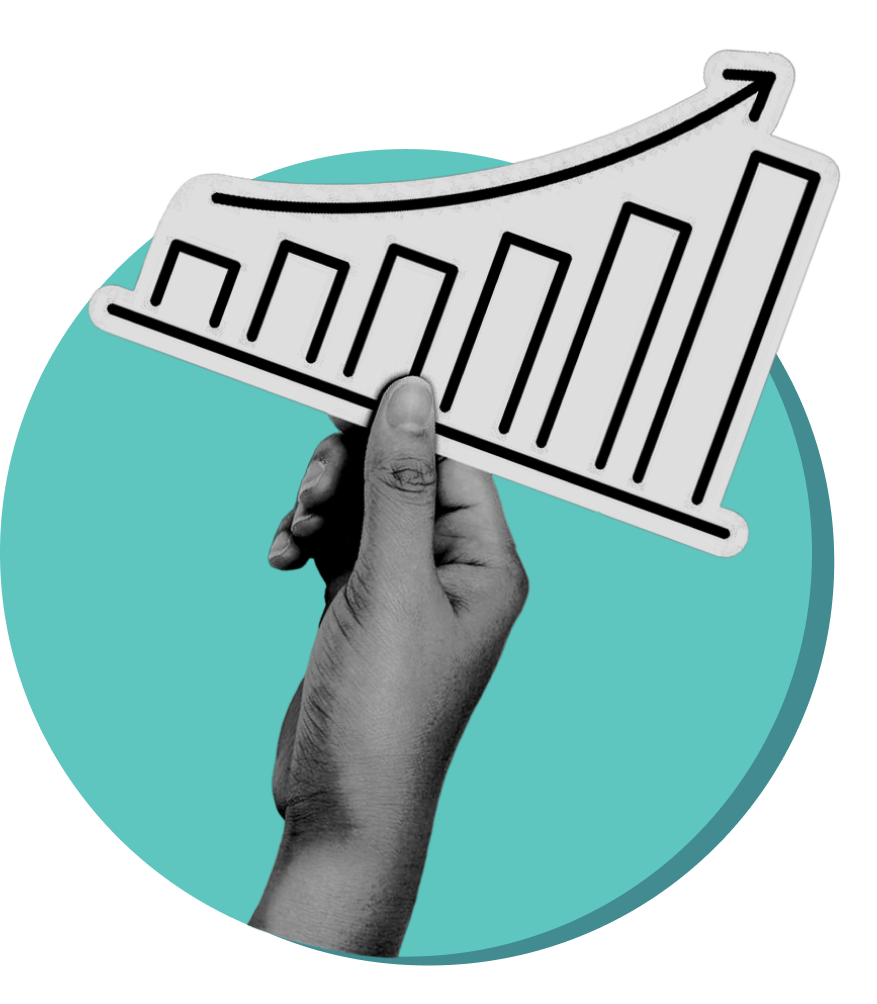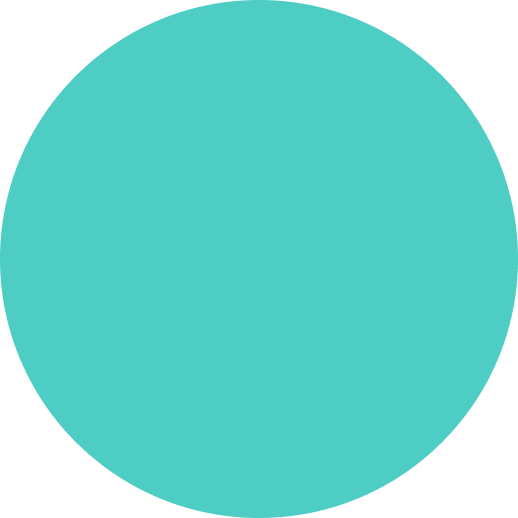

Graphics play a crucial role in enhancing the effectiveness of government proposals by bringing several benefits to the document.
Here are some key advantages:
Graphics, such as charts, graphs, and images, make the proposal visually appealing. A well-designed proposal is more likely to capture the attention of evaluators and decision-makers, encouraging them to engage with the content.
Visual elements help convey complex information in a clear and concise manner. Infographics and diagrams can simplify intricate concepts, making it easier for evaluators to understand the proposal content.
Graphics allow you to emphasize crucial data points, statistics, or key performance indicators. This helps evaluators quickly identify and focus on the most important aspects of your proposal.
Visual content is more memorable than text alone. Integrating memorable graphics can leave a lasting impression on evaluators, helping your proposal stand out in their minds.
Graphics can be powerful tools for storytelling. They enable you to visually present your company’s narrative, achievements, and strengths, helping to persuade evaluators of your capabilities and suitability for the contract.
Complex data sets are more easily understood when presented visually. Utilizing graphics for data visualization allows evaluators to grasp information quickly and make informed decisions.
Well-designed graphics contribute to the overall professionalism of your proposal. They demonstrate attention to detail and a commitment to providing a polished and comprehensive submission, enhancing your company’s credibility.
Graphics can be strategically employed to ensure that your proposal complies with the formatting and content requirements specified in the request for proposals (RFP). Adhering to these guidelines is crucial for a successful bid.
Consistent use of branded graphics reinforces your company’s identity. Including logos, color schemes, and other brand elements in your proposal helps build brand recognition and fosters trust with evaluators.
Unique and compelling graphics set your proposal apart from those of competitors. They provide an opportunity to showcase your company’s creativity and innovation, leaving a positive impression on evaluators.
Well-designed graphics break up dense blocks of text, improving the overall readability of the proposal. This can contribute to increased engagement from evaluators who may otherwise find lengthy, text-heavy documents challenging to navigate.
When incorporating graphics into government proposals, it’s essential to ensure that they align with the content, follow RFP guidelines, and enhance the overall persuasiveness of your submission.
Balancing professionalism with creativity can help create a visually compelling proposal that effectively communicates your company’s strengths and capabilities.
Share:

Sign up to receive the design tips and strategies relevant to government contracting.
Graphics play a crucial role in enhancing the effectiveness of government proposals by bringing several benefits to the document.
Here are some key advantages:
Graphics, such as charts, graphs, and images, make the proposal visually appealing. A well-designed proposal is more likely to capture the attention of evaluators and decision-makers, encouraging them to engage with the content.
Visual elements help convey complex information in a clear and concise manner. Infographics and diagrams can simplify intricate concepts, making it easier for evaluators to understand the proposal content.
Graphics allow you to emphasize crucial data points, statistics, or key performance indicators. This helps evaluators quickly identify and focus on the most important aspects of your proposal.
Visual content is more memorable than text alone. Integrating memorable graphics can leave a lasting impression on evaluators, helping your proposal stand out in their minds.
Graphics can be powerful tools for storytelling. They enable you to visually present your company’s narrative, achievements, and strengths, helping to persuade evaluators of your capabilities and suitability for the contract.
Complex data sets are more easily understood when presented visually. Utilizing graphics for data visualization allows evaluators to grasp information quickly and make informed decisions.
Well-designed graphics contribute to the overall professionalism of your proposal. They demonstrate attention to detail and a commitment to providing a polished and comprehensive submission, enhancing your company’s credibility.
Graphics can be strategically employed to ensure that your proposal complies with the formatting and content requirements specified in the request for proposals (RFP). Adhering to these guidelines is crucial for a successful bid.
Consistent use of branded graphics reinforces your company’s identity. Including logos, color schemes, and other brand elements in your proposal helps build brand recognition and fosters trust with evaluators.
Unique and compelling graphics set your proposal apart from those of competitors. They provide an opportunity to showcase your company’s creativity and innovation, leaving a positive impression on evaluators.
Well-designed graphics break up dense blocks of text, improving the overall readability of the proposal. This can contribute to increased engagement from evaluators who may otherwise find lengthy, text-heavy documents challenging to navigate.
When incorporating graphics into government proposals, it’s essential to ensure that they align with the content, follow RFP guidelines, and enhance the overall persuasiveness of your submission.
Balancing professionalism with creativity can help create a visually compelling proposal that effectively communicates your company’s strengths and capabilities.
Share:


Get a Free Consultation to Discuss Your Project Goals Today!
To enhance your experience, we use cookies. By clicking ‘Continue,’ you consent to the use of all cookies. To learn more about how we handle your data, please review our Privacy Policy.



